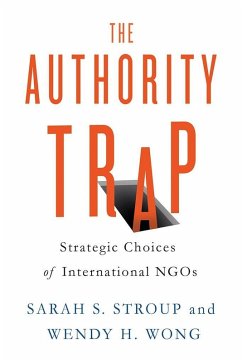The rapid development of global environmental governance has been accompanied by questions of accountability. Efforts to address what has been called "a culture of unaccountability” include greater transparency, public justification for governance decisions, and the establishment of monitoring and enforcement procedures. And yet, as this volume shows, these can lead to an "accountability trap”—a focus on accountability measures rather than improved environmental outcomes. Through analyses and case studies, the contributors consider how accountability is being used within global environmental governance and if the proliferation of accountability tools enables governance to better address global environmental deterioration. Examining public, private, voluntary, and hybrid types of global environmental governance, the volume shows that the different governance goals of the various actors shape the accompanying accountability processes. These goals—from serving constituents to reaping economic benefits—determine to whom and for what the actors must account.
After laying out a theoretical framework for its analyses, the book addresses governance in the key areas of climate change, biodiversity, fisheries, and trade and global value chains. The contributors find that normative biases shape accountability processes, and they explore the potential of feedback mechanisms between institutions and accountability rules for enabling better governance and better environmental outcomes.
Contributors Graeme Auld, Harro van Asselt, Cristina Balboa, Lieke Brouwer, Lorraine Elliott, Lars H. Gulbrandsen, Aarti Gupta, Teresa Kramarz, Susan Park, Philipp Pattberg, William H. Schaedla, Hamish van der Ven, Oscar Widerberg
Dieser Download kann aus rechtlichen Gründen nur mit Rechnungsadresse in A, B, BG, CY, CZ, D, DK, EW, E, FIN, F, GR, HR, H, IRL, I, LT, L, LR, M, NL, PL, P, R, S, SLO, SK ausgeliefert werden.









